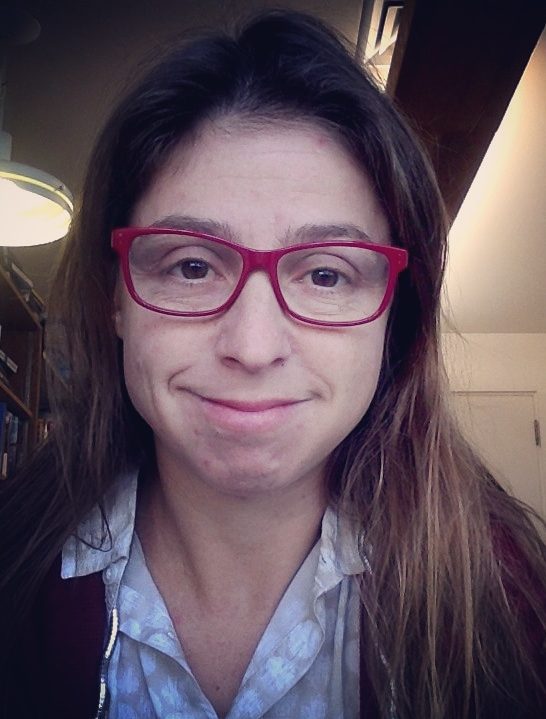About
My interdisciplinary research brings politics of indigeneity and race into inquiries on the production of space, (im)mobilities and embodiment. Through the use of ethnographic and visual methodologies, it clarifies questions surrounding indigenous sovereignties, and emergent forms of urban conviviality, in particular, the way mobility among marginalized populations shapes social and spatial assemblages that challenge subordination. I have an ongoing interest in exploring the possibilities of ethnographic methodologies and perspective over the social, what has pushed me into critical engagements with Social Theory including. Overall, it contributes to understanding governance and development in Argentina and Latin America, in their intersections with processes of urban formation and spatial mobility with indigeneity and racial relations generated in contexts of economic and political subordination.
I have two current research projects. One explores the paradoxical relationship between the Argentinian military’s history of violence against Indigenous sovereignty and the positive experiences of mandatory military service that Toba men report. The other seeks to understand the everyday use of new digital technologies by Toba Indigenous youth in Argentina. This research analyzes the political reconfigurations of both cyber and physical space that new technologies effect.
I conducted ethnographic research among migrant indigenous people in the city of Buenos Aires. My work shows the importance of spatial mobility and the creation of spatial and social networks, that I call subaltern assemblages. The informal connections and relations generated in these assemblages, I argue, are key for confronting socioeconomic marginalization and urban segregation. This work has benefitted from the support of the International Development Research Centre (IDRC), the Liu Institute for Global Issues, and UBC Graduate Fellowships.
I see research, collaboration, writing, and teaching as a continuum. My past experience on popular education within environmental and indigenous organizations, and in interpretation at the Ethnographic Museum of Buenos Aires, informs my academic interests. I have a background in the theories of space and embodiment, political anthropology, indigenous studies and ethnographic and visual methodologies, and media.
